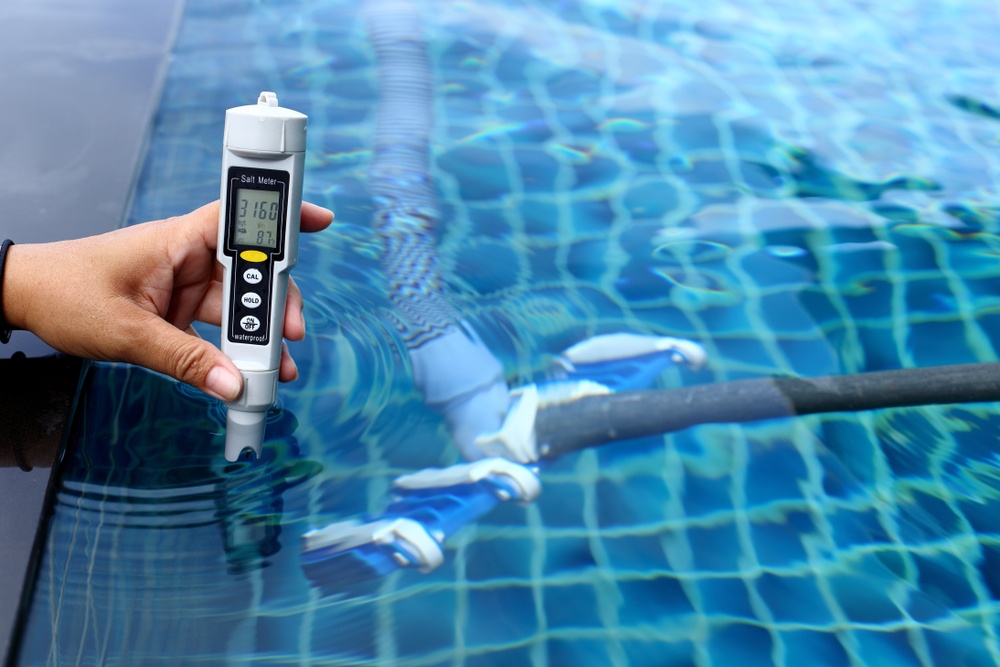
Why Grounding and Bonding Are Essential for Pool Safety
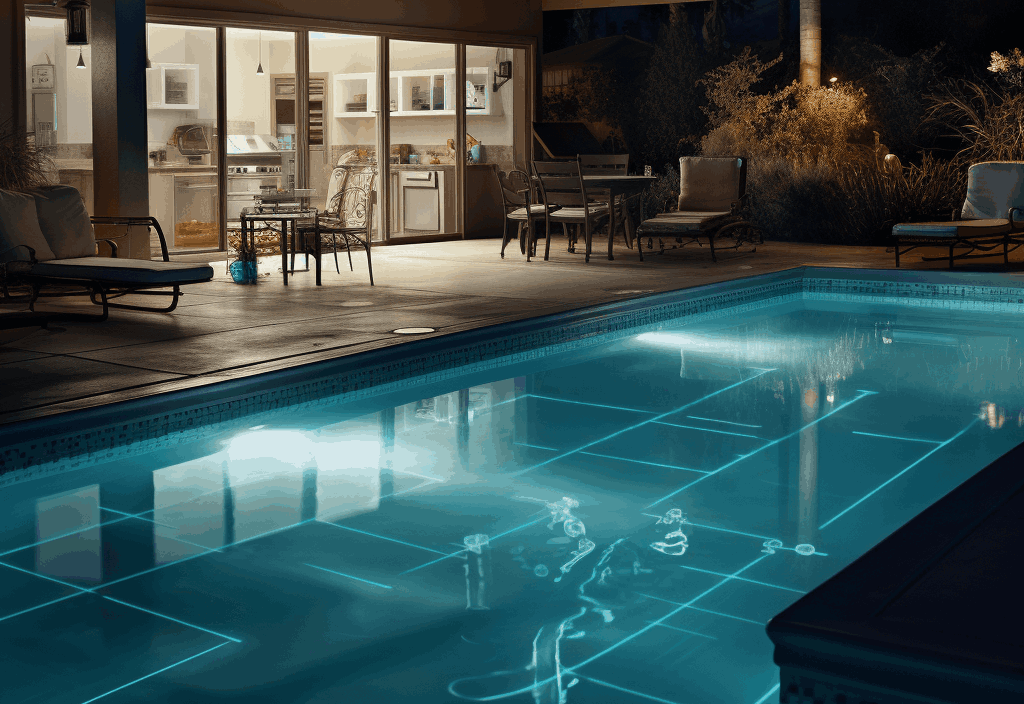
Bonding and grounding: two essential yet confusing terms that often become intertwined in conversations about swimming pool safety. But did you know that these terms represent different processes, each crucial for the optimal performance and safety of your pool equipment? Today, we’ll break down the complex topics of bonding and grounding in pool equipment, offering you not only a comprehensive understanding but also actionable steps for ensuring safety.
Why Are Grounding and Bonding Important?
For starters, both bonding and grounding are fundamental for ensuring electrical safety in and around your swimming pool. In fact, when you invest in a quality inground pool in Virginia, or any other type, ensuring these elements are correctly implemented is non-negotiable.
Grounding is the process of directing excess electrical charge directly into the Earth, preventing electrical shocks. On the other hand, bonding serves to equalize the electrical potential or voltage between various metallic components, decreasing the chances of electrical shocks when these components are touched simultaneously.
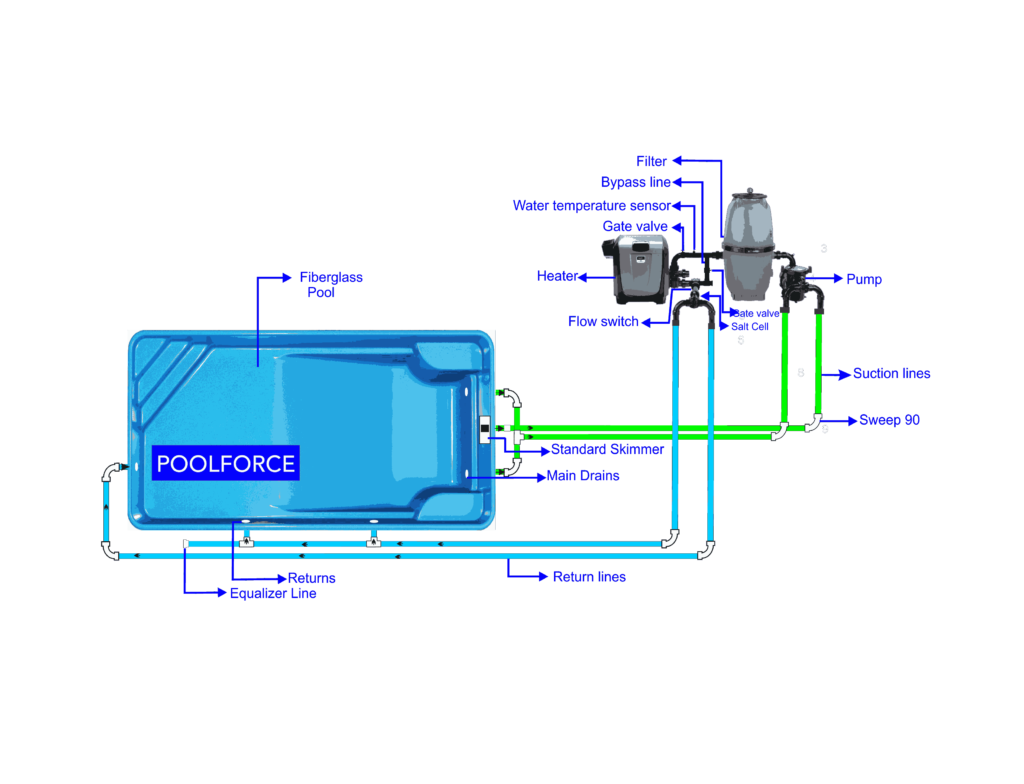
Latest

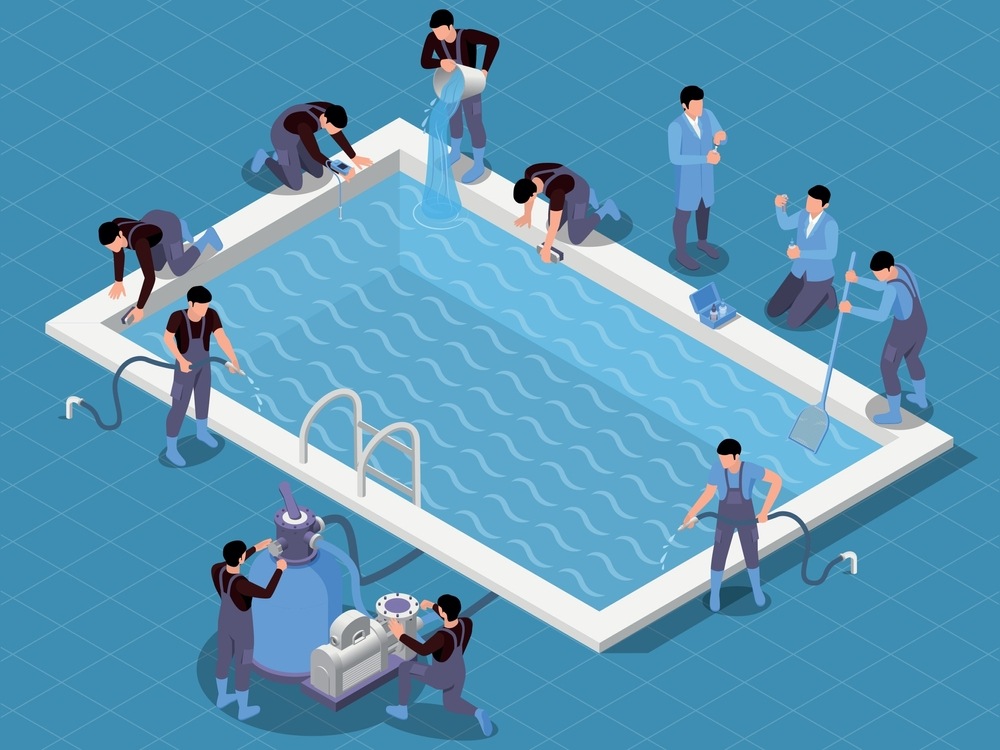
How Do You Properly Clean a Fiberglass Pool in 2024?
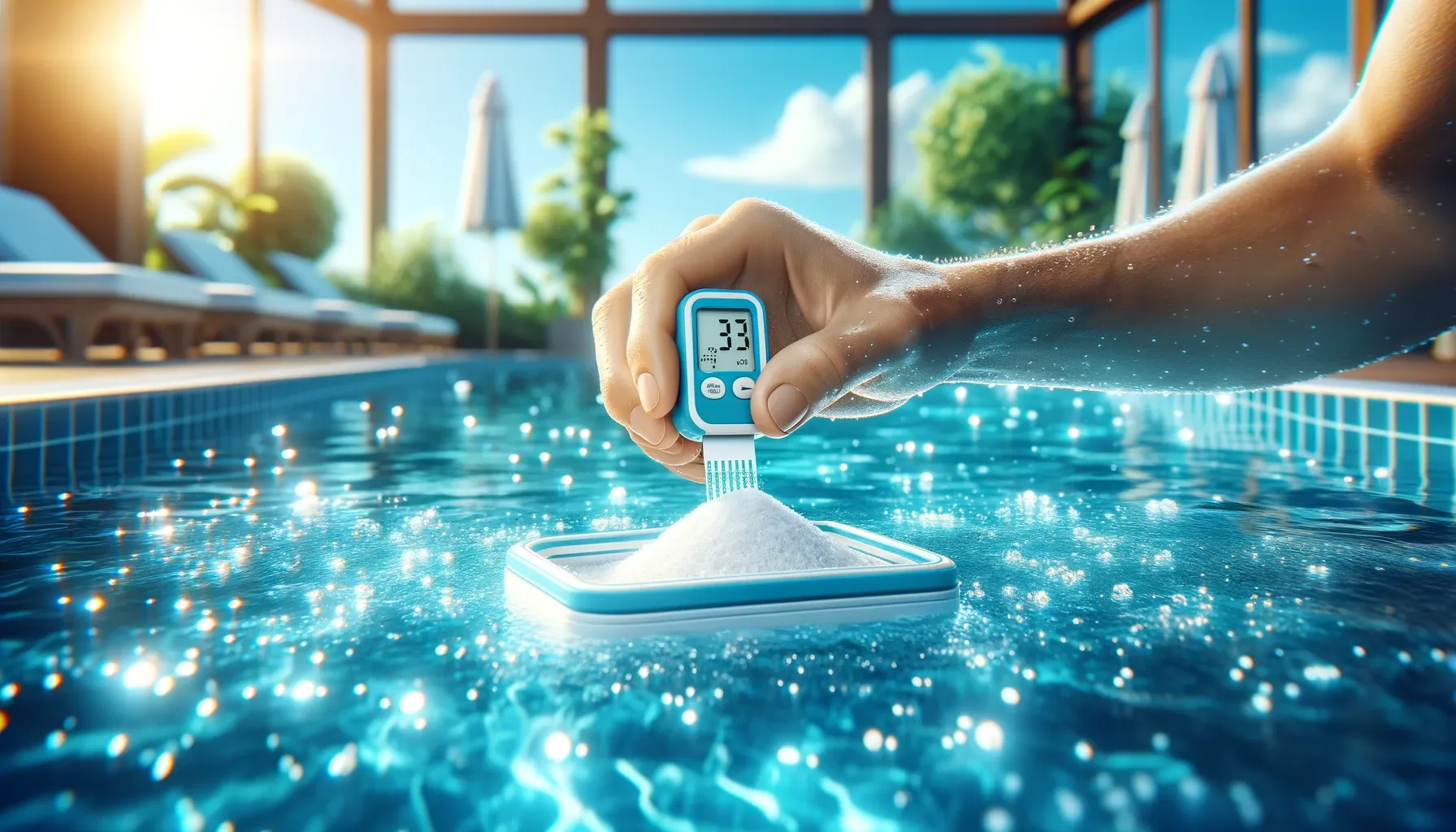
How Do You Know If Your Pool Needs Salt?
Categories
Understanding Electrical Grounding
Grounding might sound complex, but it’s based on basic physics. Electrical current seeks the path of least resistance to a positively charged material. Normally, this flow is well-contained within electrical circuits. However, faulty wires or equipment malfunctions can result in electrical current going astray, posing a risk of shocks.
What Actually Happens During Grounding?
Grounding provides a safe, low-resistance path for stray electricity to dissipate into the Earth, thereby nullifying the shock risk. A grounding wire, usually made of copper, is connected from your pool’s electrical system to a grounding rod buried in the ground.
How to Ground Pool Equipment
Grounding is generally performed by licensed electricians, who attach a grounding wire to the electrical panel that powers your pool equipment. Sometimes, it’s also tied into your home’s main electrical panel.
Moreover, Ground Fault Circuit Interrupter (GFCI) outlets can be a secondary measure for grounding. These outlets are designed to sense electrical faults and interrupt the circuit, providing a ground path for stray electricity. This feature is handy when you have advanced pool technologies like automatic pool covers.
Bonding Explained
Bonding is less commonly understood but equally critical, when it comes to grounding and bonding in pool equipment. Also called equipotential bonding, this process aims to equalize electrical charges between different pool components, such as the pump motor, pool shell, and lighting fixtures. This ensures that no electrical current will flow through a human body that might come into contact with differently charged pieces of metal simultaneously.
Bonding Pool Equipment: The Right Way
The bonding process involves connecting all metallic elements in and around the pool with a conductive wire, typically copper. This list often includes:
- Pool shell and brackets of all pool lighting
- All electric pump motors and fittings
- Metal piping within 5 feet of the pool
- Handrails or other exposed metal
- The pool water itself can also be bonded using specialized ladders.
This creates an equipotential zone, mitigating the risk of electrical shocks. In other words, bonding provides an additional layer of safety to your fiberglass pools or concrete pools.
Why DIY Isn’t Advisable
We at PoolForce understand the temptation to tackle grounding and bonding in pool equipment yourself, especially if you have some understanding of electrical systems. However, we highly recommend against it for several reasons:
- Safety Concerns: Working with electricity around water amplifies risks.
- Regulatory Compliance: Most jurisdictions necessitate that only licensed electricians perform or verify these tasks.
- Warranty Safeguard: Incorrect bonding and grounding could void your warranty, leading to potential financial losses.
Ensuring Pool Safety Through Proper Installation
While our primary focus is on constructing beautiful and functional pools, the safety of you and your loved ones is our utmost priority. That’s why we always advocate for professional installation and compliance with local codes when it comes to grounding and bonding in pool equipment. Our expert installers work with local licensed electricians to ensure that the grounding and bonding are performed to perfection.
For more information on how to make your pool safer and up-to-code, please feel free to contact us. And remember, a safe pool is a fun pool. Need to know more? Feel free to reach out to us.
Latest

How to Maintain the Recommended Salt level in your Pool in 2024

How Do You Properly Clean a Fiberglass Pool in 2024?

How Do You Know If Your Pool Needs Salt?
Categories
YOU'RE NOT IN THIS ALONE
We are with you every splash of the way
Need a pool fix or looking for an upgrade? We’re just one click away to help with all your pool needs.

